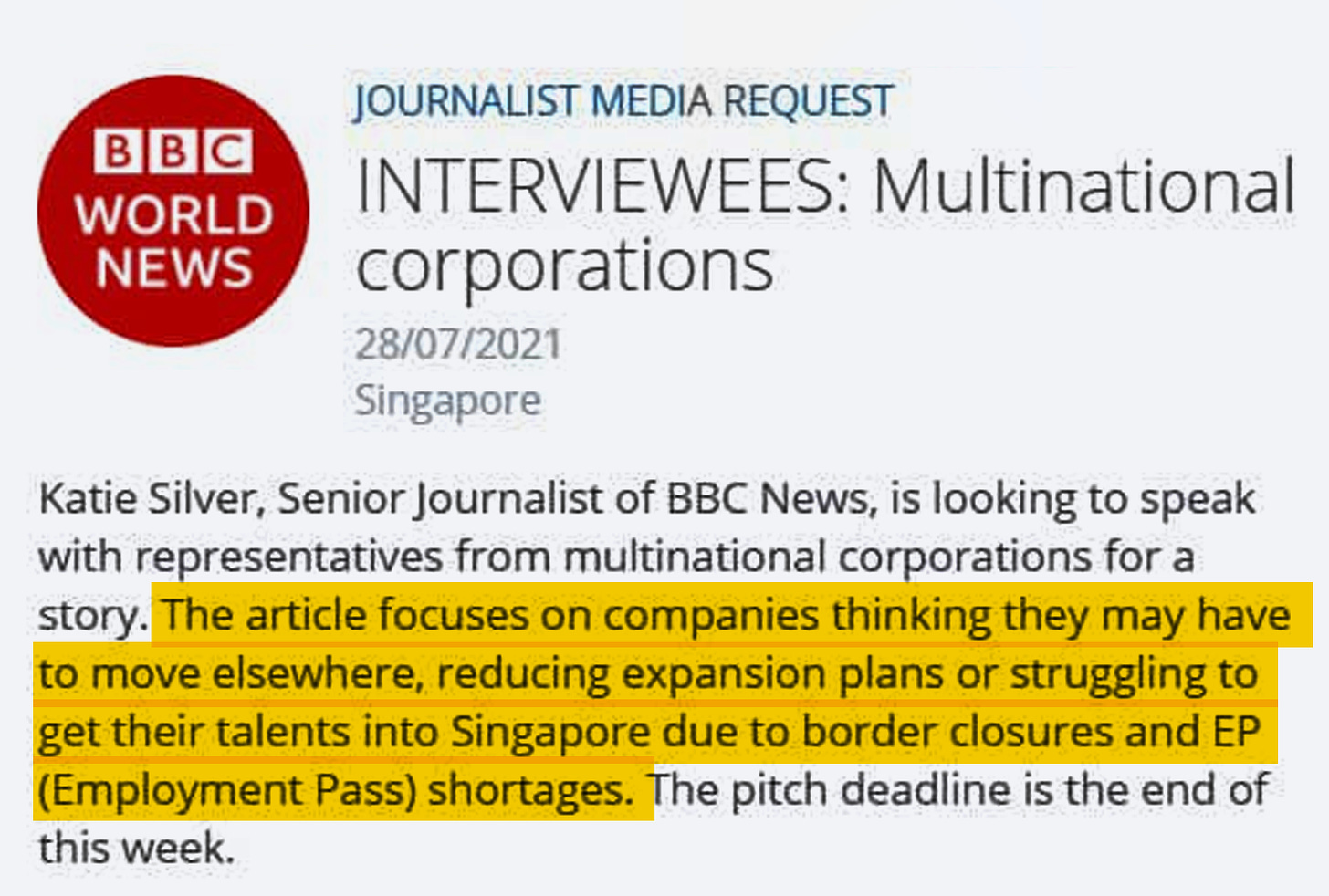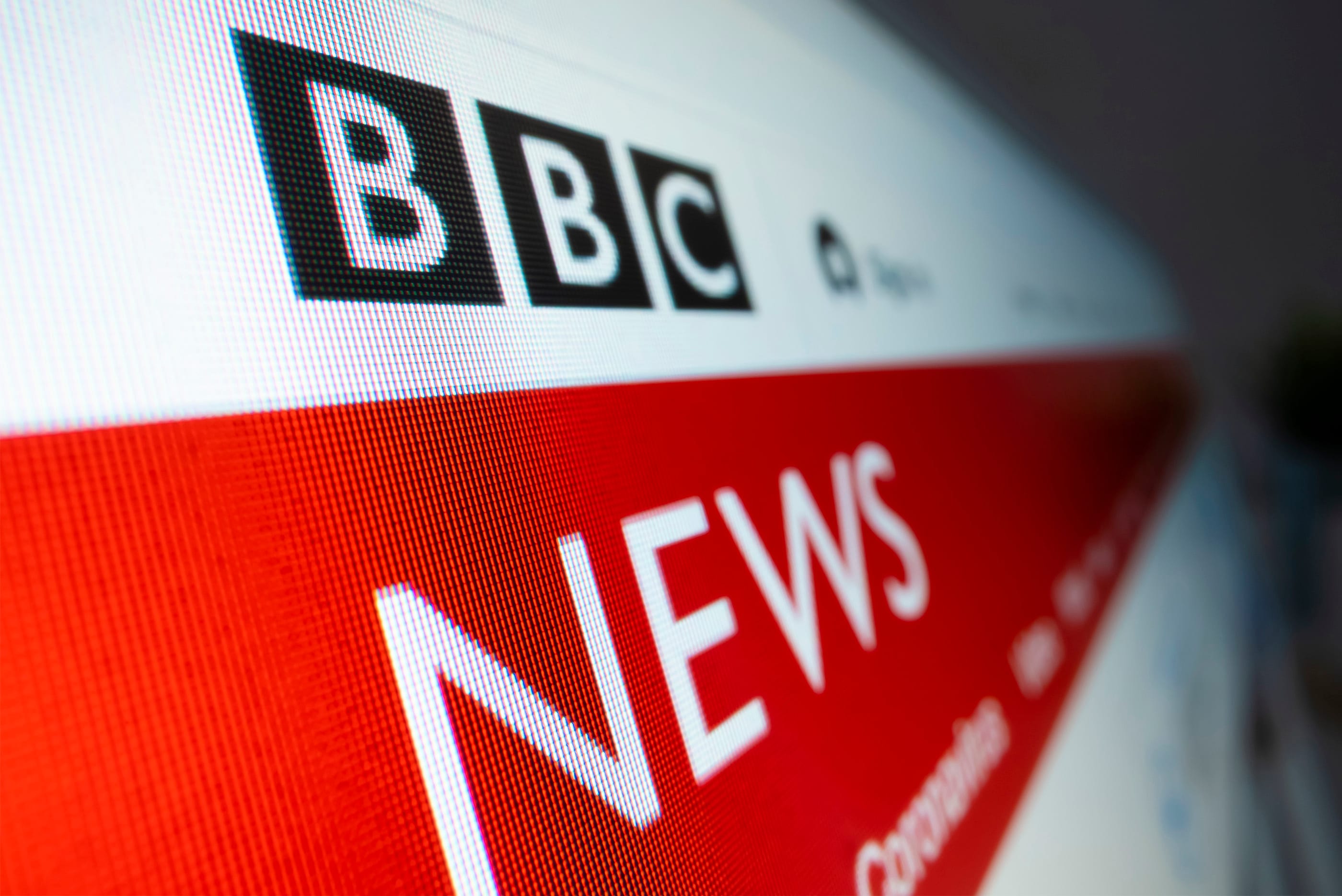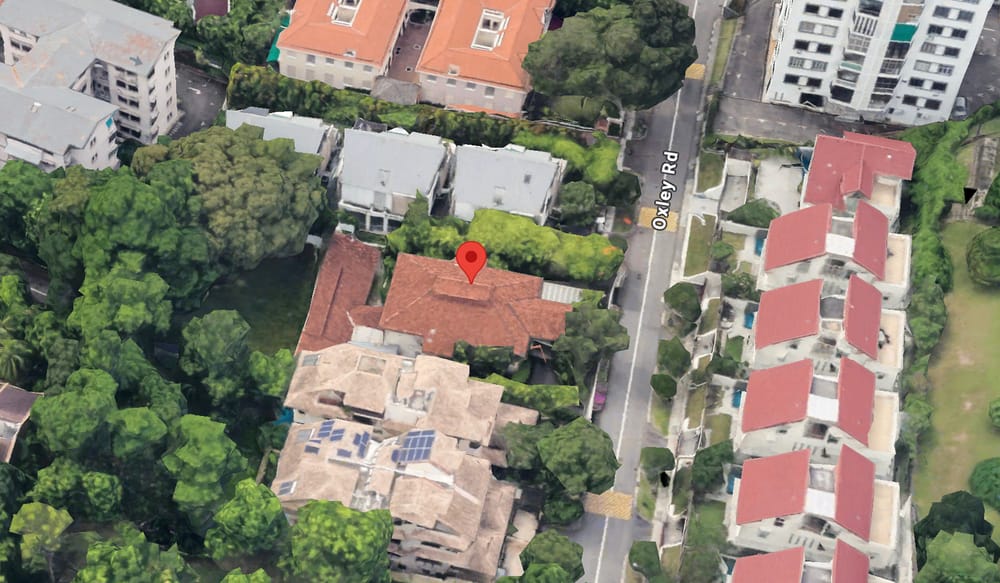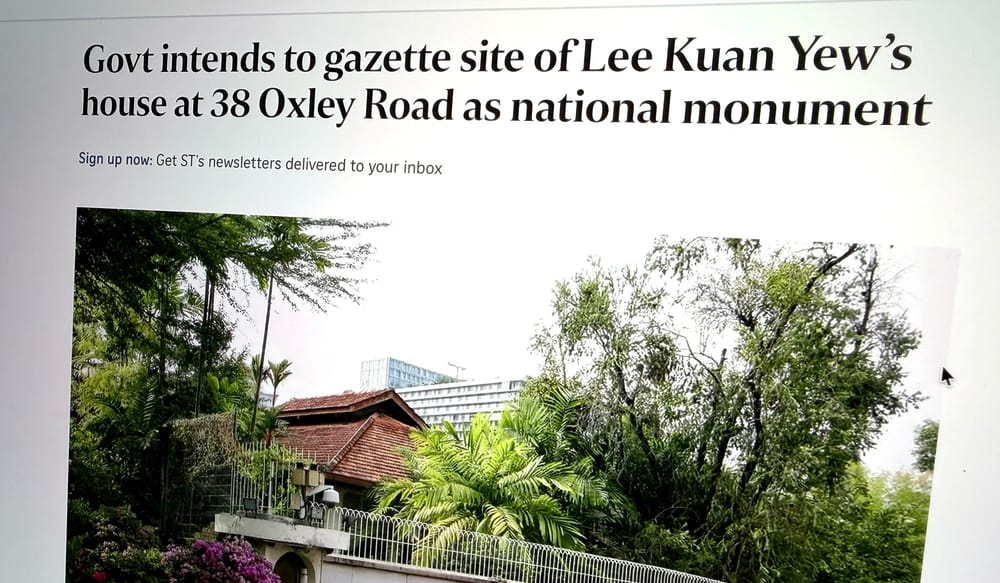
I shared this image, borrowed from Ambassador Kausikan's Facebook, a few days ago, but I think in the context of an ex-BBC News anchor throwing accusations about Singapore around, it takes on a completely new meaning.
What you see is apparently how the Singaporean office of BBC World News is doing "news" reporting.
They start with a story they have no evidence of and then they begin looking for someone to come and confirm it. That's not reporting - it's outright fabrication. Reporting the news is about going out to find stories, not making up talking points and finding stand-ins to say whatever you want.
Heck - even asking them to contact you if they do! Do "journalists" at BBC do any kind of work whatsoever?
Given the fact that Ms Katie Silver and Ms Sharanjit Leyl are colleagues from the very same office and Ms Leyl's long career with the BBC, I have to ask her publicly now: were you aware of how the news stories about Singapore are collected and prepared in your organization, and did you condone this unprofessional behaviour?
If BBC News stories are made up before someone is found to support them on camera, then how are we to trust Ms Leyl's accusations about discrimination in Singapore and in the competing media outlet, Channel News Asia?
Perhaps this is unheard of in the BBC, but when you make any accusation, you should be able to provide evidence backing it. Hitchens' razor applies in this situation - what can be asserted without evidence can be dismissed without evidence.
And that's what I'm doing right now - dismissing it in its entirety. My word is as good as anybody else's without actual proof.
If these are the standards employed at the BBC (and Ms. Leyl wasn't just a TV anchor but a producer as well), then I believe it is more than sufficient for us to assume she was well aware of and accepted them during her career in the company.
As a result, unless she is able to provide actual evidence of the alleged discrimination of anyone by anyone at Mediacorp or CNA, there is no reason we should trust her word, given the standards of her former workplace.
As for the BBC - perhaps they should drop "news" from the name.









